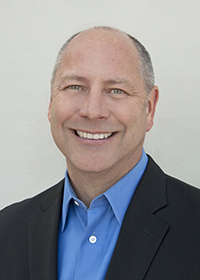
Grantmakers in the Arts welcomes Jim McDonald as its new deputy director/director of programs. McDonald will work with current GIA deputy director/director of programs, Tommer Peterson, beginning September 29, 2014, and will officially take over the position January 1, 2015. Peterson will retire at the end of 2014 after serving GIA in several capacities over the past fourteen years.
“Jim McDonald’s career represents the diverse nature of GIA’s membership serving arts organizations and individual artists with a proven commitment to our core values,” stated Janet Brown, President & CEO. “Trained as a visual artist, McDonald has worked for arts nonprofits as well as corporate, public, and private funders. As a funder, he developed portfolios intentionally serving small and mid-sized organizations, major institutions, artists, arts groups, and communities of color. We look forward to what he will bring to the GIA team.”
